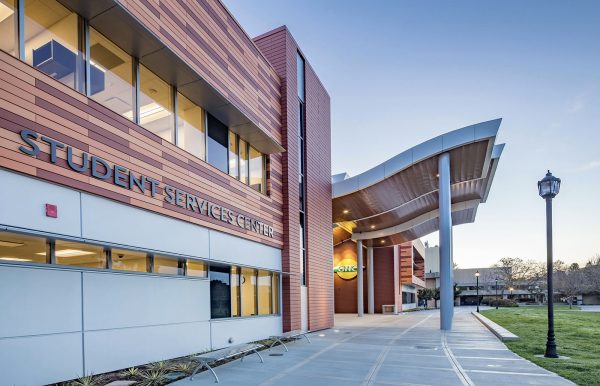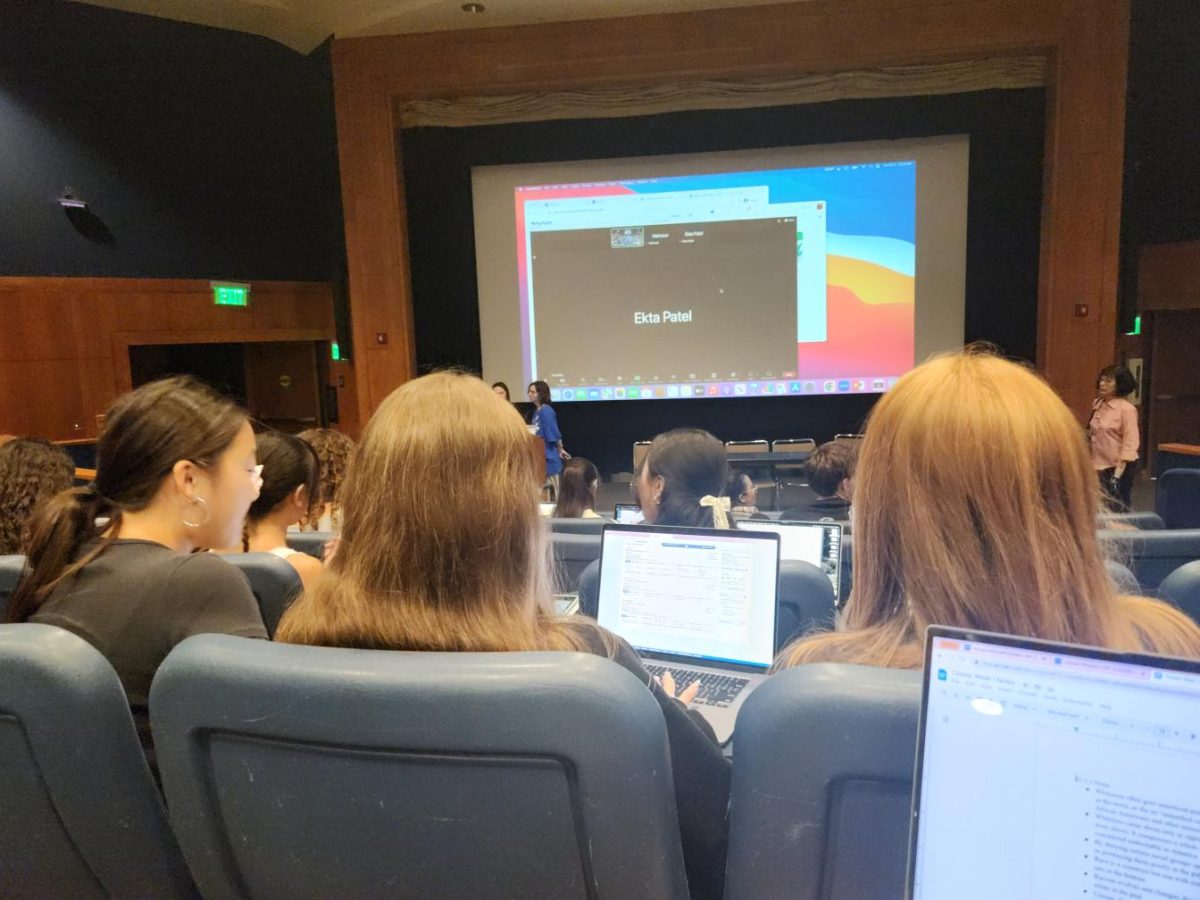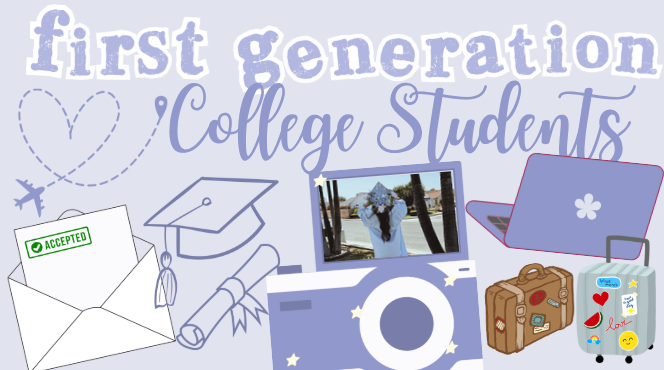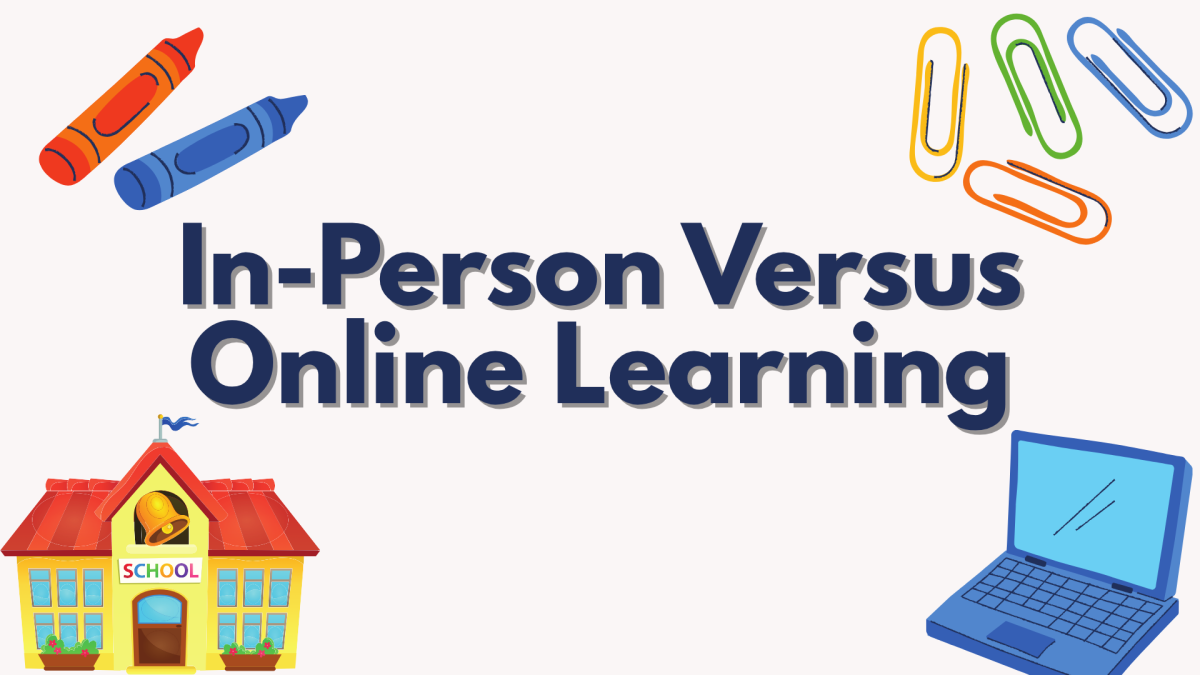It is officially a new school year, which means the Class of 2024 is entering the cycle of college decision mania. Although many students work towards getting into the most well-known and prestigious colleges, many face rejection due to many other competitive students applying and the utterly low acceptance rates. These students think they need to resort to community college and regret the missed opportunity to study at a higher level of education. On the other hand, other students believe they are not academically talented or financially supported enough to attend a four-year university and resort to community college instead. These beliefs engender deeply integrated stereotypes about four-year universities, as opposed to community colleges. Students don’t usually research both options because they think their options are predetermined. To aid these students considering attending a community college or a four-year university, here are a few pros and cons of both types of colleges.
Pros

The Coast Community College district allows students who attend one college to be able to take classes at other colleges within the district, such as Golden West College and Coastline College. The wide range of available courses at multiple colleges provides students with varying opportunities in what they want to pursue, try out a class they are interested in, and navigate around the full classes of their college.
“Attending OCC also means I can attend classes at GWC and Coastline so it expands my opportunities,” said Aya Fateh, a first-year student at Orange Coast College. Fateh took the California High School Proficiency Exam exam that allowed her to graduate from high school early with a legal diploma.
In comparison to the tuition of obtaining a bachelor’s degree at a four-year university, students who attend community colleges benefit from financial relief and get their associate’s degree. Students who choose to transfer to a four-year institution after graduating from their community college for their bachelor’s save at least $13,000 in tuition — or as much as $66,000, if they transfer to a private school.
Most well-paying jobs don’t require a bachelor’s degree such as medical assistants, dental hygienists, engineering technicians, and even law enforcement. Community colleges can offer students interested in these work fields programs and classes to help them become job-ready in two years or less.
The students who were rejected from their top college choice can receive a second chance at attending their top choice by transferring out of their community college after two years. Community college is a better option than attending the fall-back choice they aren’t fully committed to.

Students who attend four-year universities and board dorms can create close relationships and bonds with their peers because they can socialize easily since the students live with each other. UCLA has a large campus for different buildings and social events and is located in an area where students can shop, eat a variety of cuisines at restaurants, and explore with their new friends.
“There’s a lot of social life on campus since students mostly dorm and there aren’t a lot of commuter students. There’s something to do every day and lots of places to explore on campus and outside of campus in Westwood,” said Jocelyn Dang, a first-year student at the University of California, Los Angeles.
Prestigious and reputable universities that pride themselves in quality education for their students employ professors with outstanding academic credentials. These professors have multiple Ph. D.s, are Nobel Peace Prize winners, Pulitzer Prize-winning authors, etc. Due to these professors’ significant credibility, students can attain connections and use them in their career paths or other locations of interest.
Four-year university students can graduate with their bachelor’s degree, which opens up a wider range of job opportunities than an associate’s degree. Students can even attend graduate school from there and obtain their master’s or Ph.D. to further their education in their specific careers.
Cons
Community college students solely attend their college for classes, then immediately leave campus after their classes. This is due to the lack of campus life, athletics, and social events. Some students might not see a reason to form deeper bonds with their peers when they are only there for two years or less.
“It differs from day to day but for the most part, not a big fan. People aren’t as social and it’s hard to find someone willing to have a good conversation with you. Outside of class, people don’t put much effort into socializing,” said Fateh.

Students forced to attend community college after being rejected from their top choice might lose motivation to work towards their goals. These students commonly feel their efforts were wasted when they did not get into their dream college. Even with the option to transfer from their community college, they can feel lost and question their abilities.
“My nephew was rejected from his dream college but accepted into another distinguished college— Cal Poly Tech. I told him to go there because it would have been beneficial for his major, but he decided to attend community college and transfer from there. I [strongly] disagreed with his decision because he would not be able to experience real independence in the real world,” said Jay Nguyen, a concerned uncle of a community college student.
Some community colleges also fail to actively motivate their students to continue pursuing their education to transfer or promote the pros of community college that can help them earn their degrees for their careers.
“He currently lives at home, is heavily dependent on his mother, and has lost all his motivation in working towards getting transferred and his career. He frequently parties and is not focused on his education whatsoever. His community college does not seem to be properly guiding and actively supporting him. At this rate, a realistic date for him to be able to transfer would be in the next four years,” said Nguyen.
While students may be able to beat the competition and get accepted into a high-ranking university, the competition can only increase from there. Students attending these high-ranking universities will constantly push their academic capabilities to graduate, this also means the work will be strenuous since professors are also pushing the students’ limits. Some students may not handle the pressure and stress of the competitive environment and arduous work to pass their classes to graduate, which can result in the students dropping out. It can also be difficult to get into certain classes, even classes that students are required to take to graduate, because of the high quantity of students. Some students won’t be able to graduate on time due to the lack of availability of required classes.

Students should choose their college based on research covering a variety of options and pick what fits their motivations, financial plan, and academic rigor best. Deciding what college to attend based on unsupported claims, beliefs, and stereotypes is not a good way for students to determine their first step into the real world. The provided pros and cons of community colleges and four-year universities serve as substantial research for students to choose their best-fit education choice after high school.








